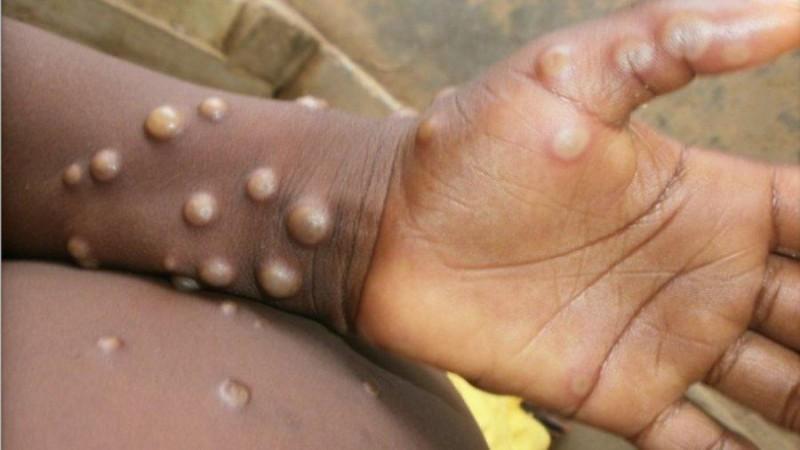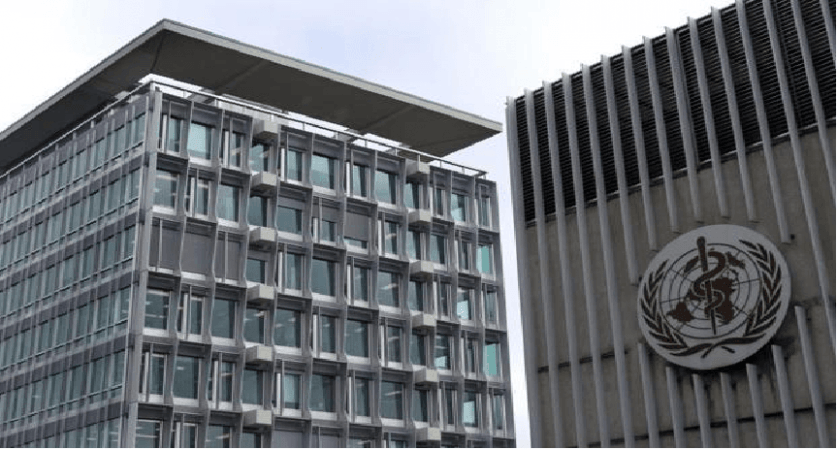At least 92 monkeypox virus cases have been confirmed in 12 countries, the World Health Organization (WHO) has said, warning that the infection is likely to spread to more nations even as it expands surveillance.
The 12 countries -- the US, Canada, Australia, UK, Spain, Portugal, Germany, Belgium, France, the Netherlands, Italy and Sweden -- are not endemic for monkeypox virus, meaning the virus is not typically found unlike some countries in Central and West Africa.

While so far no deaths have been reported, about 28 cases in these countries are potential cases. Investigations are going on to confirm them, the global health agency said.
"As of May 21, 92 laboratory confirmed cases, and 28 suspected cases of monkeypox with investigations ongoing, have been reported to WHO from 12 Member States that are not endemic for monkeypox virus, across three WHO regions," the WHO said in a statement.
"No associated deaths have been reported to date. The situation is evolving and WHO expects there will be more cases of monkeypox identified as surveillance expands in non-endemic countries," the agency said.
The WHO said that the identification of confirmed and suspected cases of monkeypox with no direct travel links to an endemic area "represents a highly unusual event".
Surveillance to date in non-endemic areas has been limited, but is now expanding, and the WHO expects that acemore cases in non-endemic areas will be reported".
Available information suggests that human-to-human transmission is occurring among people in close physical contact with cases who are symptomatic.
But the "cases have mainly but not exclusively been identified amongst men who have sex with men (MSM)".
To curb the spread, it stressed on the need for "immediate actions focuses on informing those who may be most at risk for monkeypox infection with accurate information".
The UN health body stated that current available evidence suggests that those who are most at risk are those who have had close physical contact with someone with monkeypox, while they are symptomatic.

This is in regards with UK and Spain, which has seen cases associated with gay and bisexual men, prompting health authorities to urged gay and bisexual men to be aware of any unusual rashes or lesions and to contact a sexual health service without delay.
The WHO said it is also working to provide guidance to protect frontline health care providers and other health workers who may be at risk such as cleaners.
Further, so far all cases whose samples were confirmed by PCR have been identified as being infected with the West African strain.
Genome sequence from a swab sample from a confirmed case in Portugal, indicated a close match of the monkeypox virus causing the current outbreak, to exported cases from Nigeria to the United Kingdom, Israel and Singapore in 2018 and 2019.
Monkeypox is a viral zoonosis (a virus transmitted to humans from animals) with symptoms very similar to those seen in the past in smallpox patients, although it is clinically less severe.














